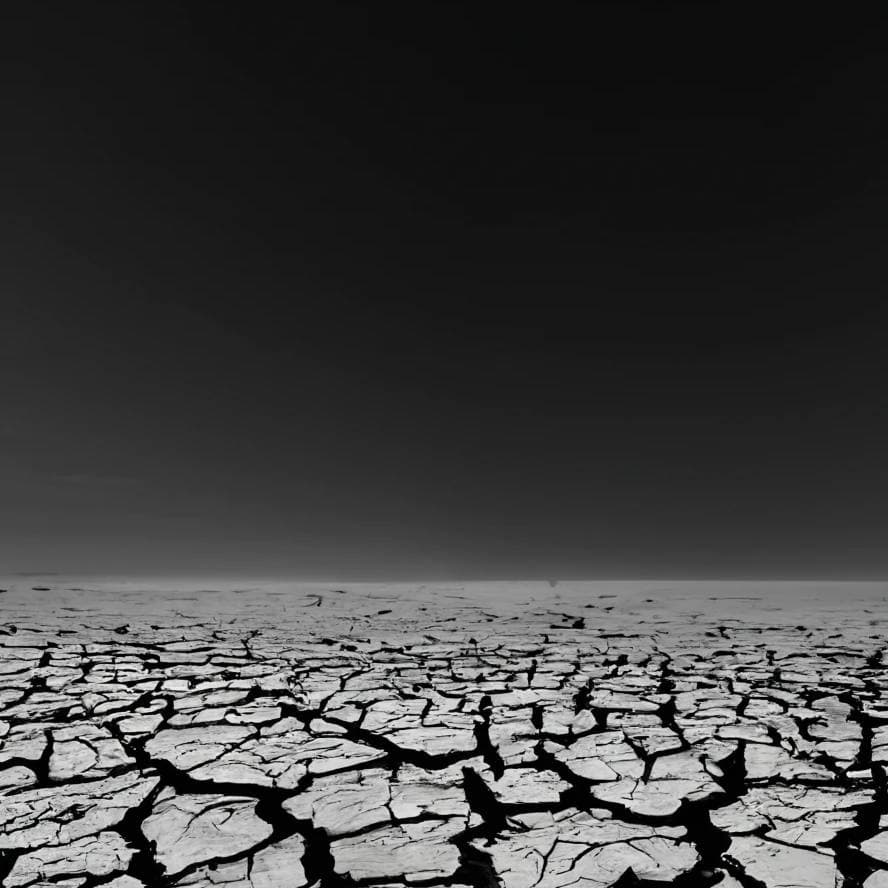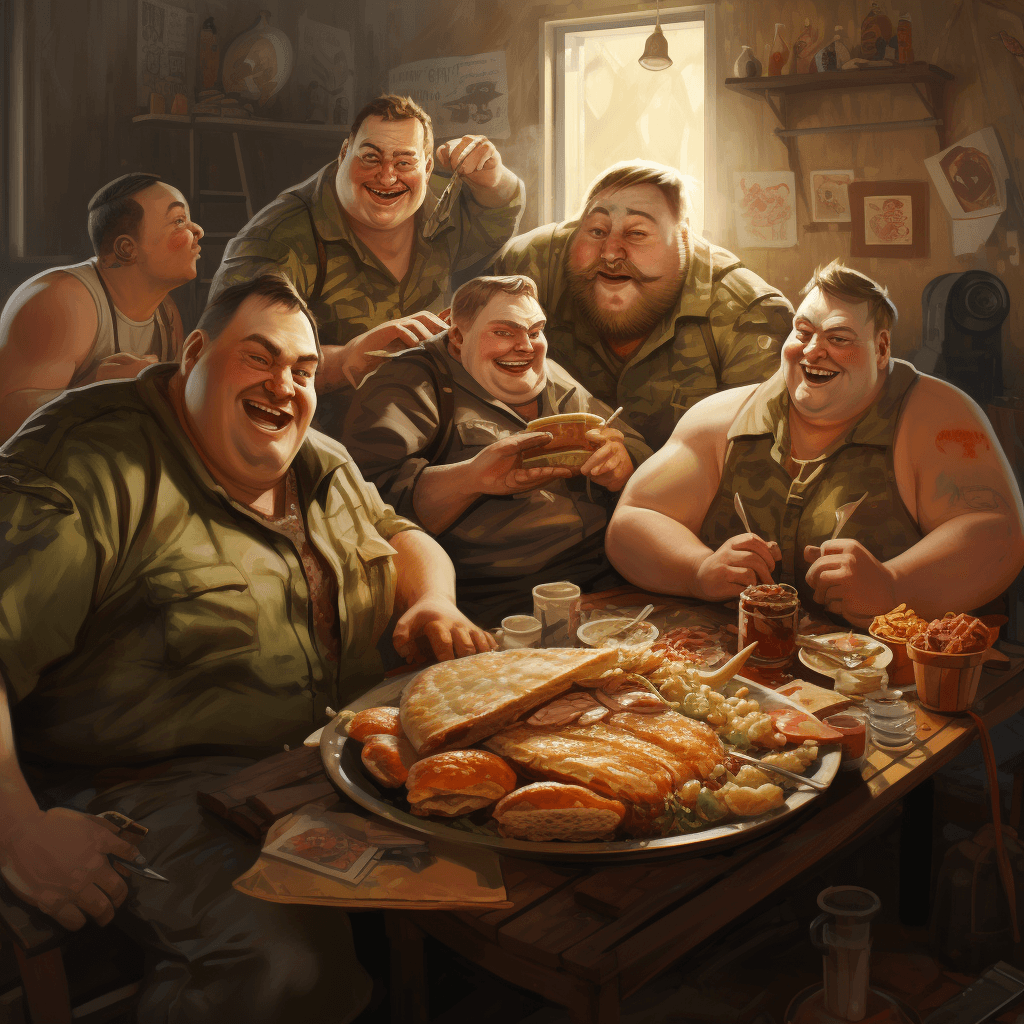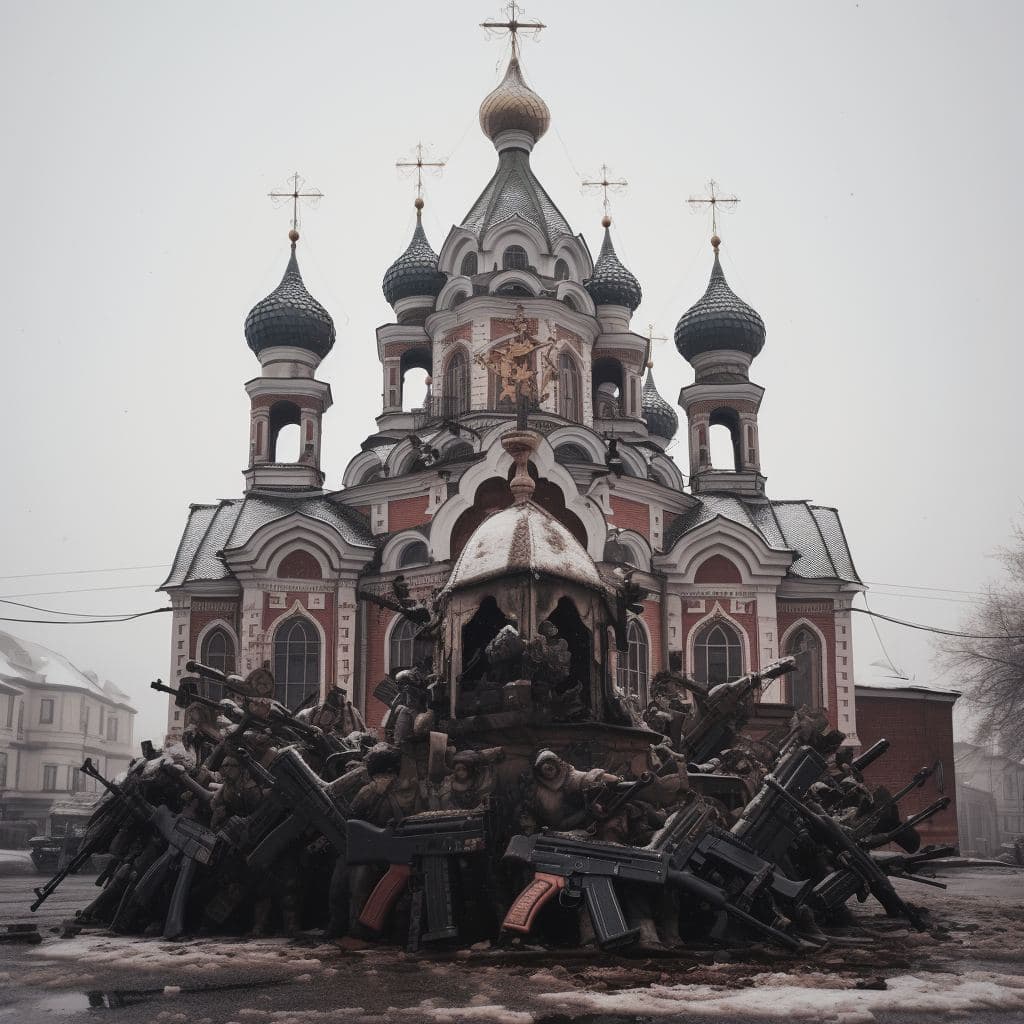How All of Russian TV Became State-Controlled
Short biography of the freedom that never happened.



The war that Russia is currently waging against Ukraine has characteristics of total war—a destructive idea that was considered by historians to have become a thing of the past after WWII.
A German military historian Stig Förster that led to the totalization of military actions in the XX century. According to him, since the end of the XVIII century wars have become more and more of a national affair, which promoted the emergence of the idea of mass mobilization of every citizen without exception. The realization of this idea was facilitated by the industrialization of the western world, which started in the middle of the XIX century. The totalization of the goals of war was the result of a change in perception of the enemy in the minds of the people and their governments. Both society and governments began to perceive the threat posed by the enemy as a fundamental danger to their existence. Therefore, the enemy had to be destroyed, not defeated. During many years of bloody wars, in which general mobilization was employed, people got used to mass killings and became careless to the means used to achieve victory.
The concept of total war was formulated by the German general in 1935. According to this concept, modern war is not a war of armies, but a war of nations. To win it, it is necessary to mobilize all the resources of one's own nation, human and economic, as well as to exert influence in a hostile nation in order to break its will and ensure that the people demand a cessation of resistance. This involves propaganda, terror, use of weapons of mass destruction, carpet bombing, scorched earth policy, etc. Moreover, the objects of aggression cease to be limited to the enemy's armed forces, but also the civilian population.
During WWII, the policy of total war was carried out by Nazi Germany and Japan. The idea of total war was adapted as a basis of the German military doctrine, and was practically applied during the planning of offensive operations during WWII. The German Minister of Public Enlightenment and Propaganda Joseph Goebbels called for total war in his famous speech on 02/18/1943. According to , Goebbels himself believed that total war was led by none other than Joseph Stalin.
The Japanese government passed the National Mobilization Law in March of 1938, before the beginning of WWII. As a result of that many civilians, including women and children, were mobilized to work in factories, military institutions, and for resistance against the invading forces. Subsequently, it was the policy of total war, pursued by the Japanese government, that expanded the possibilities of the United States in choosing means of deterrence on this Axis country, and became an argument for the use of atomic weapons.
Even though the new world order established after WWII did not result in universal stability, it did change the general approach to military doctrine of individual countries and military alliances. The Geneva convention of 1949 established international legal standards of humane treatment during war, obliging the warring sides to protect the civilians and forbidding the destruction of civil infrastructure including water and energy systems.
In the modern age, wars of developed countries, as a rule, employ high-precision weapons to achieve limited goals. Civilians and civil infrastructure facilities are not considered such targets.
As such, during the last war in Yugoslavia, NATO representatives had to publicly apologize for the “collateral damage” inflicted on Serbian civilians. The destruction of a bus during NATO bombing provoked an international protest. Discretion during attacks on military objects became a widely accepted practice. For example, .
According to experts, during the military aggression against Ukraine, Russia violated customs of war formed in the period after WWII and based on the separation of the enemy's armed forces and the civilian population.
Like the German concept of total war of the Third Reich period, the Russian military leadership defines the confrontation with Ukraine not as a war of armies, but as a war of nations—with the complete “demilitarization” and “denazification” of the Ukrainian people and establishment of a puppet pro-Russian government. This can be considered as an existential goal to erase the national identity of the Ukrainian people and deprive them of their legal existence.
To achieve this goal, the Russian leadership calls for mobilization of all the resources of the Russian nation. The first wave of mobilization, which brought 300,000 men to the war with Ukraine, has already passed, the next stated goal is to bring the total number of the Russian army to 1.5 million soldiers.
In addition, the Russian authorities are drawing large segments of the population into the orbit of militarisation: families and employers purchase equipment for the soldiers, children weave camouflage nets, sew uniforms, make trench candles, and whatever else they can do to support the military in schools, charitable organizations collect donations for the army, pensioners knit warm clothes, etc.
During the first wave of mobilization, legal acts were also adopted to quickly put the Russian economy on a military track, including acts imposing martial law, as well as “medium response level” and “increased readiness level” in a number of regions
At the same time, there is a widespread influence on the civilians in Ukraine—through propaganda and terror, including the destruction of civilian facilities and critical infrastructure, which leads to numerous casualties and a humanitarian crisis situation. The latest such example is the destruction of the Kakhovskaya hydroelectric power plant, which led to a humanitarian catastrophe and ecocide in the Kherson region. According to expert assessment the purpose of this is to break the will of the Ukrainian people and ensure that they demand a peace deal from the government, the conditions of which will be favorable to the Russian government.
At the same time, Western countries, and Ukraine itself continue to adhere to the Geneva Convention of 1949. The provisions of this convention are directed against the policy of total war, and their violation threatens to punish those who are responsible for the implementation of such a doctrine. Helping Ukraine, the Western world acts based upon the customs of the new world order.
According to the assessment of the British Royal United Institute of Defense Studies Russia's invasion of Ukraine is the first example of total war since World War II. As is typical of total war, this invasion is accompanied by large-scale attacks on civilian objects, including mass shelling of residential areas.
At the moment, the idea that Russia's actions in Ukraine correspond to the doctrine of total war is not widely discussed in Western countries. It is difficult for a European person to imagine that a developed country can once again employ the destructive doctrine of total war in this day and age. The prospect of perceiving Russia's military actions in Ukraine from the point of view of the concept of total war may change the attitude of the West to the possibility of providing Ukraine with offensive weapons.
Short biography of the freedom that never happened.

Among individuals with left-leaning perspectives, there is often a perception that Russia leans leftward, particularly concerning workers' rights. Is this indeed the case?

What is the "Russian World" and what does it have to do with the war in Ukraine

Our media platform would not exist without an international team of volunteers. Do you want to become one? Here's the list of currently opened positions:
Is there any other way you would like to contribute? Let us know:
We talk about the current problems of Russia and of its people, standing against the war and for democracy. We strive to make our content as accessible as possible to the European audience.
Do you want to cooperate on content made by the Russian standing against the war?
We want to make people of Russia, who stand for peace and democracy, heard. We publish their stories and interview them in Ask a Russian project.
Are you a person of Russia or know someone who would like to share their story? Please contact us. Your experience will help people understand how Russia works.
We can publish your experience anonymously.
Our project is ran by international volunteers - not a single member of the team is paid in any way. The project, however, has running costs: hosting, domains, subscription to paid online services (such as Midjourney or Fillout.com) and advertising.
Our transparent bank account is 2702660360/2010, registered at Fio Banka (Czech republic). You can either send us money directly, or scan one of the QR codes bellow in your banking app:




Note: The QR codes work only when you scan them directly from your banking app.
Russia started the war against Ukraine. This war is happening from 2014. It has only intensified on February 24th 2022. Milions of Ukrainians are suffering. The perpetrators of this must be brought to justice for their crimes.
Russian regime tries to silence its liberal voices. Russian people against the war exist - and the Russian regime tries its best to silence them. We want to prevent that and make their voices heard.
Connection is crucial. The Russian liberal initiatives are hard to read for European public at times. The legal, social and historical context of Russia is not always clear. We want to share information, build bridges and connect the liberal Russia with The West.
We believe in dialogue, not isolation. The oppositional powers in Russia will not be able to change anything without the support of the democratic world. We also believe that the dialogue should go both ways.
The choice is yours. We understand the anger for the Russian crimes. It is up to you whether you want to listen to the Russian people standing against this.